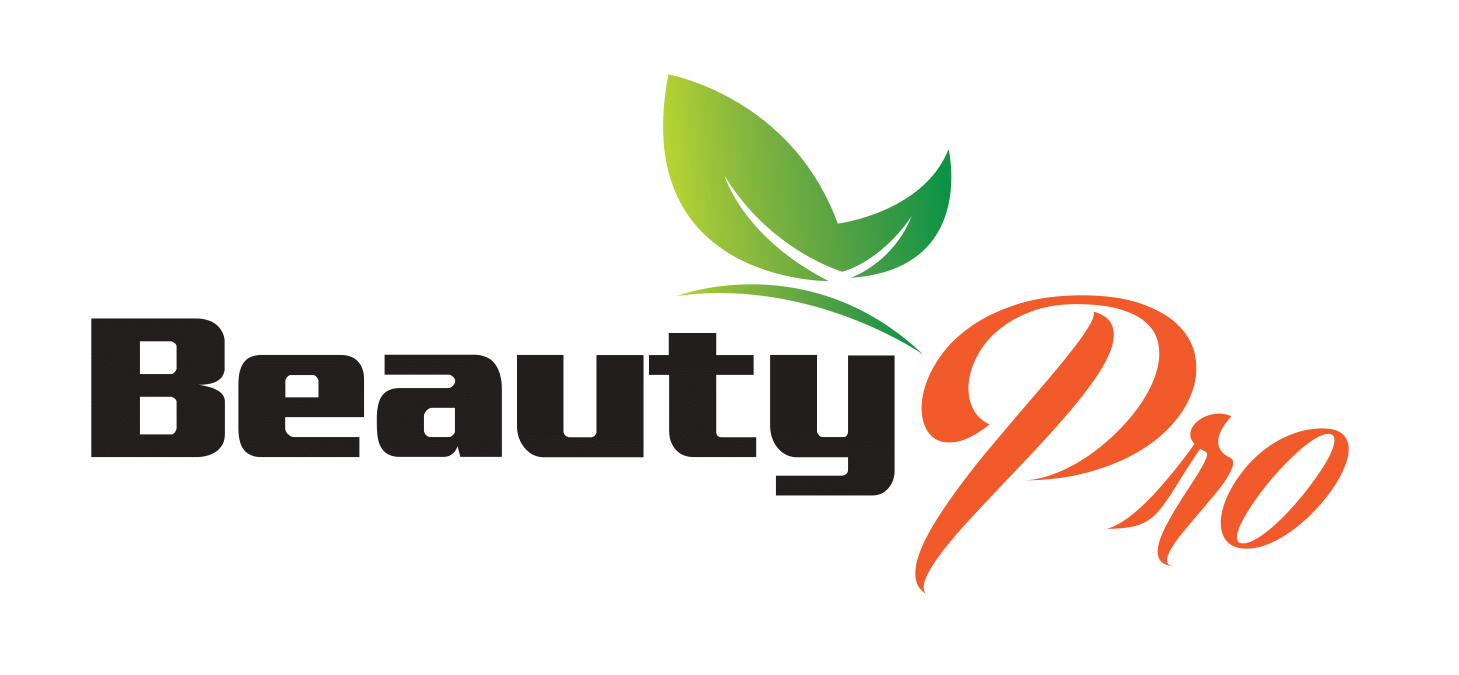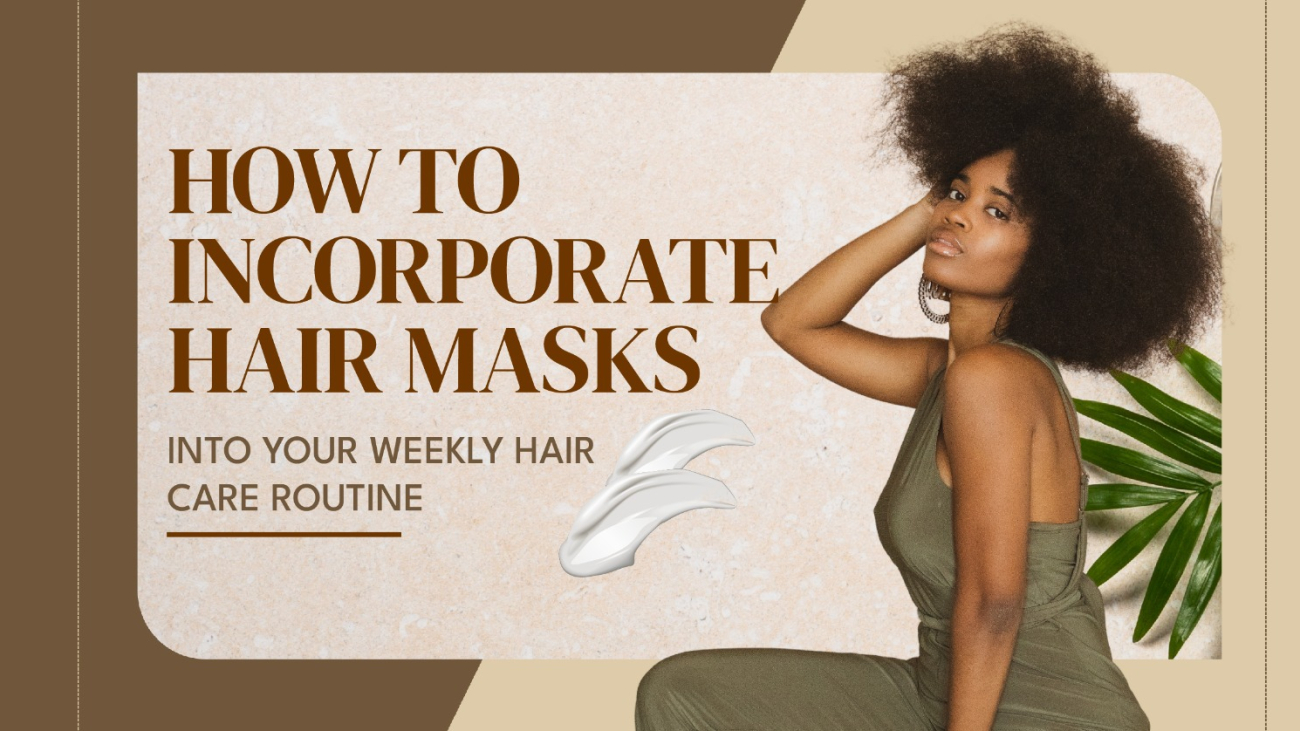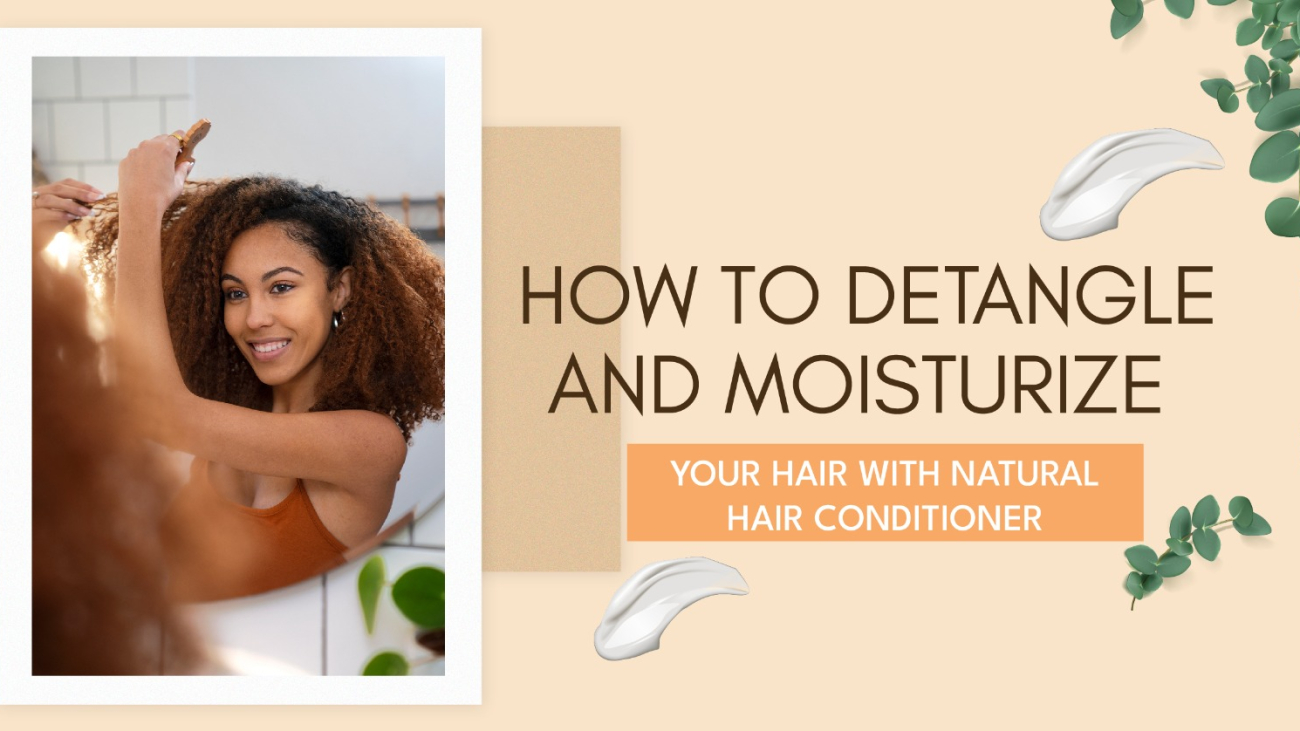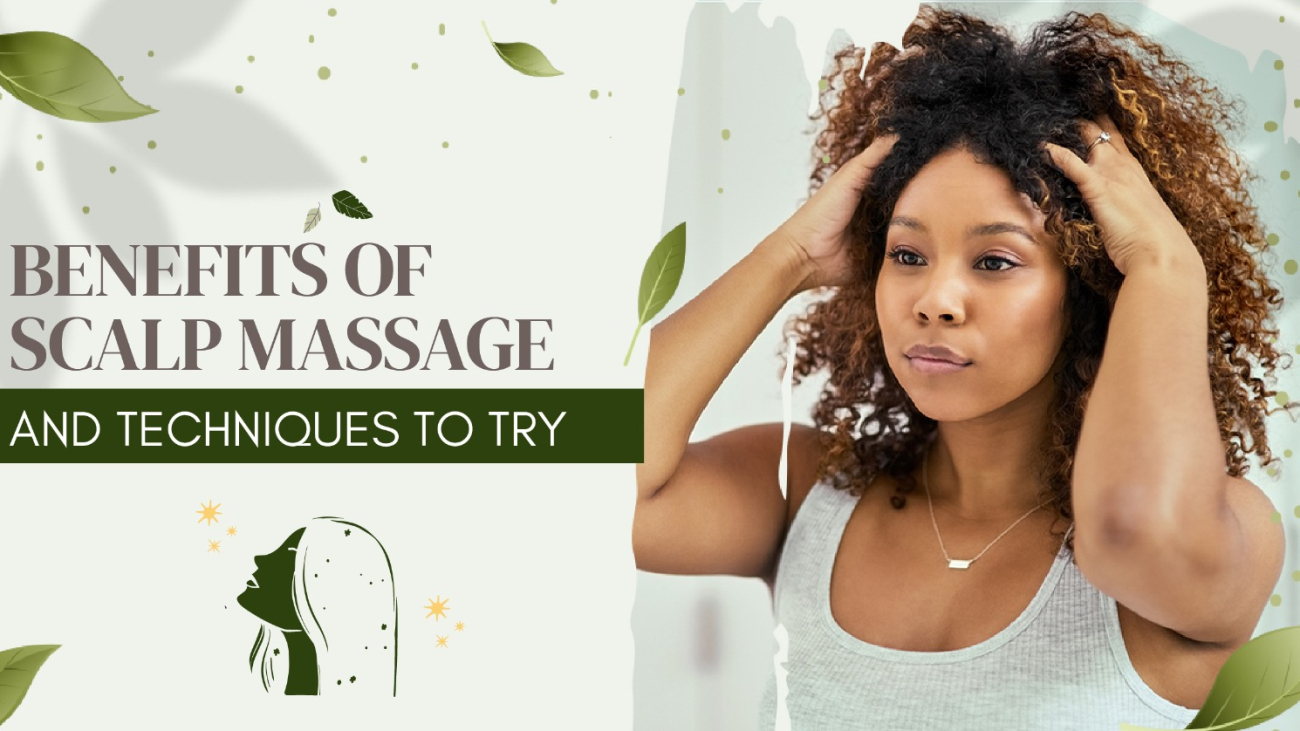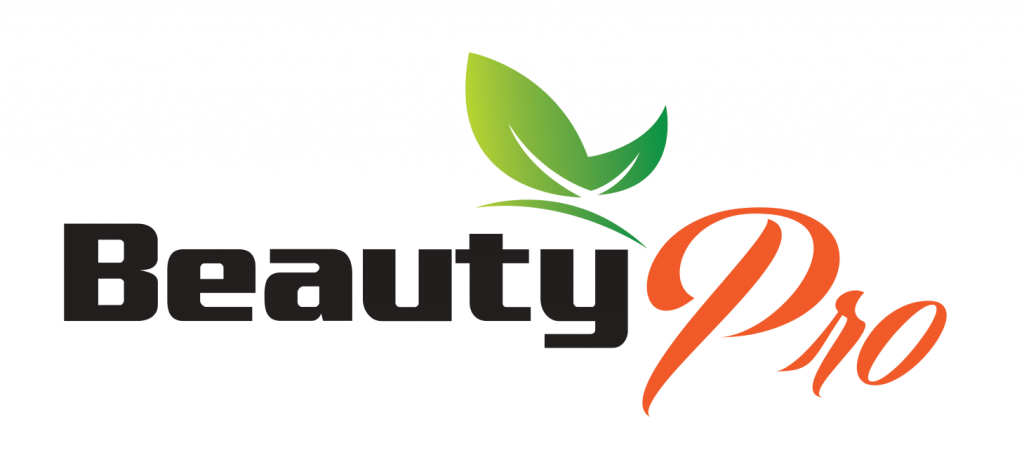Hair masks are a great way to nourish, hydrate and repair your hair, especially if you have dry, damaged or frizzy hair. They can also help with scalp issues, such as dandruff, itchiness or oiliness. But how often should you use them and how do you choose the right one for your hair type and needs? Here are some tips on how to incorporate hair masks into your weekly hair care routine.
What are hair masks and why do you need them?
Hair masks are deep conditioning treatments that are applied to your hair after shampooing and left on for a longer time than regular conditioners, usually 10 to 30 minutes or even overnight. They contain higher concentrations of moisturizing, nourishing and repairing ingredients, such as oils, butters, proteins, vitamins and extracts. Hair masks can help with various hair problems, such as:
• Dryness: Hair masks can moisturize and hydrate your hair, making it softer, smoother and shinier. They can also prevent split ends, breakage and frizz by sealing the cuticles and locking in moisture.
• Damage: Hair masks can repair and strengthen your hair, especially if it has been exposed to heat styling, coloring, chemical treatments or environmental factors. They can also protect your hair from further damage by creating a barrier against external aggressors.
• Scalp issues: Hair masks can soothe and balance your scalp, whether it is too dry, too oily or irritated. They can also stimulate blood circulation and promote hair growth by nourishing the follicles.
How often should you use hair masks?
The frequency of using hair masks depends on your hair type, condition and goals. As a general rule, you should use them at least once a week to maintain healthy and beautiful hair. However, you may need to use them more or less often depending on your specific situation. Here are some guidelines:
• Normal Hair: If your hair is neither too dry nor too oily, has no major damage or scalp issues, and you are happy with its appearance and texture, you can use a hair mask once a week or every other week as a preventive measure and a boost of shine.
• Dry or Damaged Hair: If your hair is dry, brittle, dull or prone to split ends, breakage or frizz, you should use a hair mask at least twice a week to restore moisture and elasticity. If your hair is severely damaged by heat styling, coloring or chemical treatments, you may need to use a hair mask every time you wash your hair until it recovers.
• Oily or Fine Hair: If your hair is oily, greasy or limp, you should use a hair mask once a week or every other week to balance your scalp and add volume. However, you should avoid applying the mask to your roots or using heavy or oily ingredients that can weigh down your hair or clog your pores.
• Curly or Coily Hair: If your hair is curly, coily or textured, you should use a hair mask at least once a week to define your curls and prevent dryness and frizz. You may also need to use a leave-in conditioner or a curl cream after rinsing out the mask to keep your curls hydrated and bouncy throughout the day.
How to choose the right hair mask for your hair type and needs?
There are many types of hair masks available in the market, each with different ingredients and benefits. You should choose the one that suits your hair type and needs the best. Here are some factors to consider:
• Ingredients: Look for natural ingredients that are gentle and effective for your hair. Avoid harsh chemicals, sulfates, parabens, silicones and artificial fragrances that can damage or irritate your hair or scalp. Some of the best natural ingredients for hair masks are:
- Castor Oil: It is one of the most popular oils for hair care because it can penetrate the hair shaft and moisturize it from within. It can promote hair growth, fight dandruff and protect from sun damage.
- Avocado: It is rich in healthy fats, proteins and vitamins that can nourish and repair your hair. It also has anti-inflammatory properties that can soothe an itchy scalp.
- Honey: It is a natural humectant that can attract and retain moisture in your hair. It also has antibacterial properties that can prevent scalp.
- Olive Oil: It is another moisturizing oil that can soften and smooth your hair. It also contains antioxidants that can prevent oxidative stress and damage.
- Egg: It is a great source of protein that can strengthen and repair your hair. It also contains biotin, a vitamin that can prevent hair loss and improve hair growth.
- Yogurt: It is a natural conditioner that can add shine and smoothness to your hair. It also contains lactic acid that can exfoliate and cleanse your scalp.
- Banana: It is rich in potassium, magnesium and vitamins that can moisturize and soften your hair. It also has a smoothing effect that can tame frizz and flyaways.
- Aloe Vera: It is a soothing gel that can hydrate and heal your hair and scalp. It also has anti-inflammatory, antifungal and antibacterial properties that can treat scalp conditions, such as dandruff, psoriasis and eczema.
• Consistency: Choose a hair mask that has a thick and creamy consistency that can coat your hair evenly and stay on without dripping or running. Avoid hair masks that are too runny or too sticky that can make your hair messy or hard to rinse out.
• Scent: Choose a hair mask that has a pleasant and natural scent that you enjoy. Avoid hair masks that have a strong or artificial scent that can irritate your nose or cause headaches.
• Price: Choose a hair mask that fits your budget and gives you good value for money. You don’t have to spend a fortune on a hair mask, as there are many affordable options that work well. You can also make your own hair mask at home using simple ingredients from your kitchen.
To get the most out of your hair mask, you should follow these steps:
• Wash your hair with a mild shampoo and rinse well.
• Towel-dry your hair until it is damp but not dripping wet.
• Apply the hair mask to your hair, starting from the mid-lengths to the ends. Avoid applying it to your roots or scalp unless you have dry or flaky scalp.
• Comb through your hair with a wide-toothed comb or your fingers to distribute the mask evenly.
• Cover your hair with a shower cap, a plastic wrap or a warm towel to trap the heat and enhance the absorption of the mask.
• Leave the mask on for the recommended time, usually 10 to 30 minutes or longer depending on the product or recipe. You can also leave it on overnight for extra nourishment.
• Rinse out the mask thoroughly with lukewarm water until there is no residue left in your hair.
• Follow up with a conditioner if needed and style your hair as usual.
Hair masks are an essential part of any weekly hair care routine, as they can provide many benefits for your hair and scalp. If you are looking for natural hair care products that can help you achieve beautiful, healthy, and shiny hair, look no further than BeautyPro Africa. BeautyPro Africa is a leading manufacturer of hair care products made from natural ingredients that help growth and hair volume. Whether you need a nourishing shampoo, a volumizing conditioner, a potent oil, or an anti-itch serum, BeautyPro Africa has it all. Their products are suitable for all hair types, paraben-free, sulphate-free, and enriched with essential oils.
